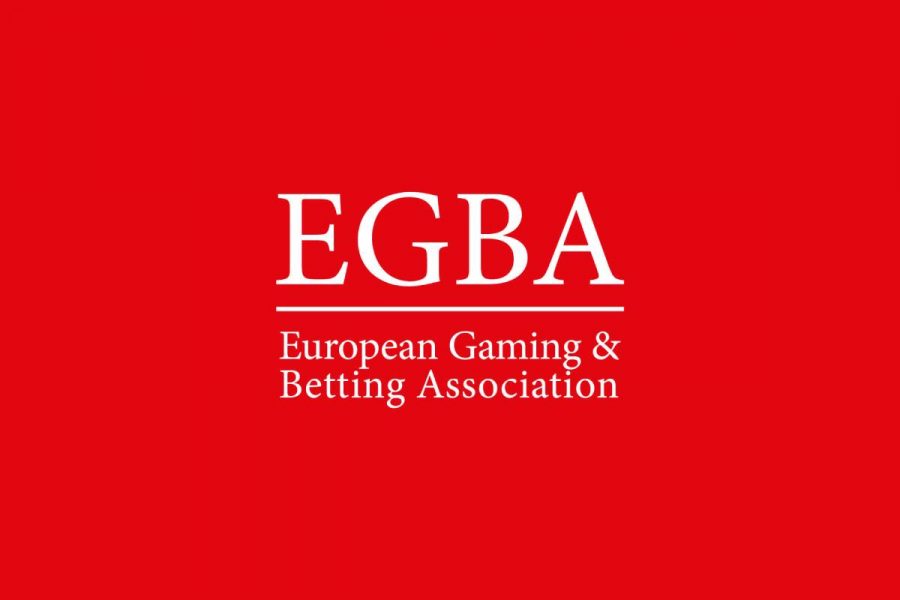EGBA calls for standardised protection for European gamblers

The EGBA has warned that consumer protection rules vary widely across EU member states.
Belgium.- The European Gaming and Betting Association (EGBA) has urged the European Union to push for more standardised regulation of consumer protection rules across the bloc.
It made the call following a City University of London (CUL) study which found that although good progress had been made in online gambling regulation there are big differences between states.
The study looked at aspects of consumer protection rules such as know-your-customer requirements, the protection of minors, safer gambling, and treatment support in different EU member states.
It found that most states had adopted similar approaches but that there were wide variations in implementation.
It highlighted the fact that 16 member states had established national self-exclusion registers for online gambling but that the way players are added to the systems, and the duration of self-exclusion, varied significantly.
Moreover, not every state has regulations prohibiting the advertising of gambling to people who have self-excluded.
EGBA secretary general Maarten Haijer said: “A more standardised regulatory framework would surely benefit all. While regulations and enforcement are extremely important, the study also highlights that more could be done to strengthen prevention measures and ensure that those who are affected by harm are signposted to relevant helplines and treatment centres.
“We welcome the progress made in strengthening the consumer protection rules in EU member states. In several areas, regulatory principles are converging, but there is increasing fragmentation in how the rules are implemented and this creates a complicated compliance and enforcement map for Europe’s gambling regulators and operators, while evidently also not benefiting the consumer.”
Last week, the EGBA said it welcomed the European Commission’s proposed new anti-money laundering (AML) framework, saying it would lead to more consistency across the bloc. Meanwhile, it has raised concerns over a proposed ban on free bets in Ireland.









